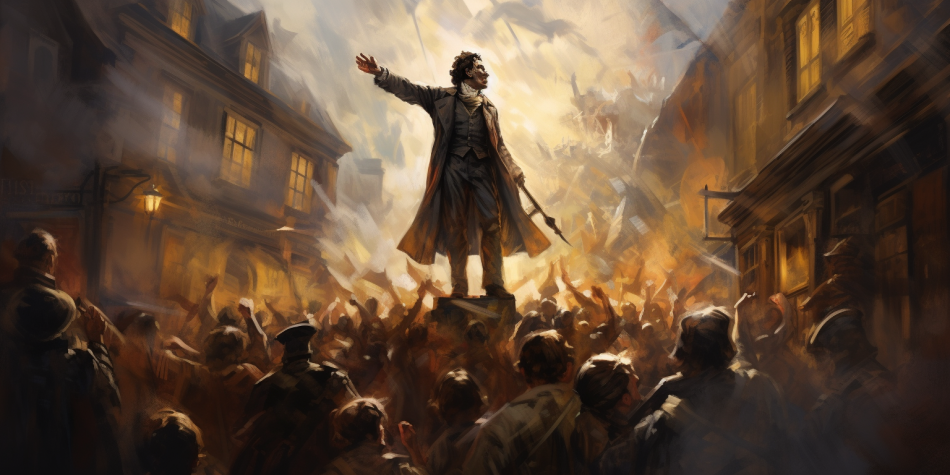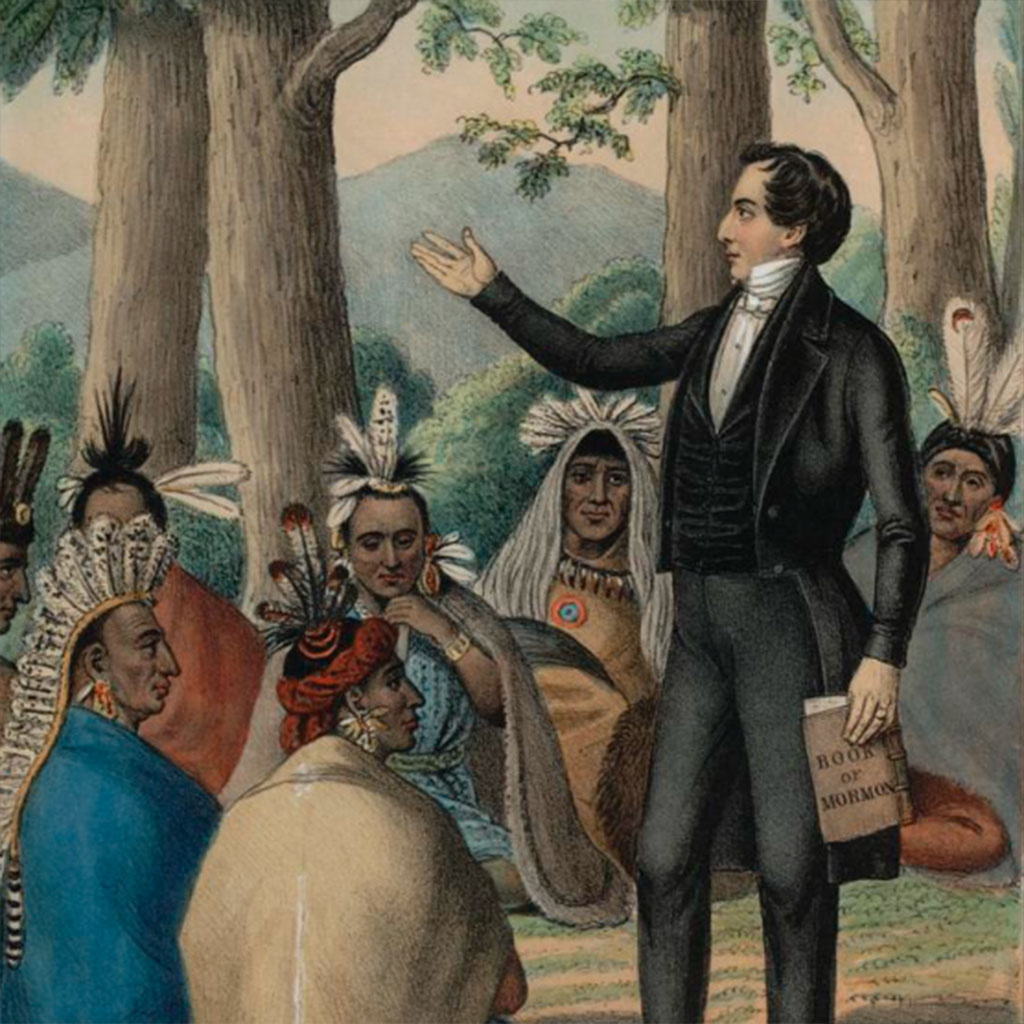While I generally try to maintain an attitude of gratitude about the amazing world we live in, it can be easy to fall into a mindset where I feel like I’m owed more. And if it is not forthcoming, then it is easy to look for any solution, including revolutionary ones. When not chasing wealth or fame, the prevailing focus among so many in my generation is bold claims that a revolution is necessary to right the injustices that continuously hold us back.
While ours is far from the first generation that has spoken often of revolution, calls for revolution have become part of the casual person-to-person discourse among today’s 20 and 30-somethings.
What kind of revolution? That depends on who you ask and what their particular cause is. Such grandiose visions of always dramatic, sometimes violent overthrow often center around political complaints that seem so complex and tangled that the normal means or processes of social change are insufficient. My generation has grown up on fantasy.
However uncertain those details are, there is one thing that does seem clear to me—a common premise about how to create social change I hear and see over and over.
My peers often seem to take for granted that what keeps them from happiness is some sort of juggernaut—a great force that requires tremendous effort and coordination to overthrow. By necessity, this calls for a heroic effort—an earth-shaking endeavor required to right the cosmic injustices plaguing so many of us.
This might not be surprising given this generation’s cultural context. My generation and the one to follow has grown up on fantasy. Which is not a bad thing. I’ve happily consumed all of the same beloved media of the past couple of decades. Harry Potter, Lord of the Rings, Star Wars, and, let’s not forget the unending factory line of superhero movies.
With this as our constant socialization, is it any wonder that young people are so keen on mighty and elaborate means to achieve their conceptual views on social change, happiness, and problem-solving?
This was my impression as well, as an agnostic turned newly baptized member of the Church of Jesus Christ two years ago. In my secular past, I believed happiness came from a life of adventure and triumph. In my early investigative period, I came close to concluding that God’s power blessed us in some magical way with enduring joy. (While yes, God intends for us to find happiness, the path may not be what my generation expects.)
We don’t need to command an army at the head of a revolution, but we can look to the story of an army commander to learn a lesson of incredible value. Naaman, whose story is found in the fifth chapter of 2nd Kings, was a Syrian general noted for his valor—although also suffering from leprosy.
This vicious disease was his hindrance—the personal obstacle that kept happiness out of reach. Given his station, however, he was in a place to do something about it. With a letter from his king, troves of treasure, and ten changes of raiment, the commander traveled to Israel after a servant of his wife explained that the Prophet could make him whole.
Here, we see Naaman making the same inference as many of my peers. Happiness lies on the other side of a glorious quest. So Naaman came with his horses and chariot and stood mightily outside the door of Elisha’s house.
What happened next, this great leader of men could not have expected. He was met not by the messenger of God but by a servant of the prophet. Relaying the instructions of his master, the holy man’s aid explained that Naaman must simply wash in the Jordan River seven times to be made clean.
That was it. One might expect some kind of relief in a man just told a remedy was in reach. But grand Naaman was wroth—this is not how his epic healing adventure was supposed to conclude. Not only had a climatic miracle at the hands of Elisha not been delivered, but he felt insulted that the magnificent waters of Syria were overlooked in favor of some backwater Israeli river.
This, after traveling all that way, with all that treasure, with all his might. In a rage, as the scripture says, Naaman was ready to dispense of the whole matter and return to his home, the problem unsolved and his misery prolonged.
But his own servants proved to be wise counsel. “My father, if the prophet had bid thee do some great thing, wouldst thou not have done it? How much rather then, when he saith to thee, Wash, and be clean?”
Naaman sees truth in these humble words and does as he is advised. His illness is washed away.
Could this advice from the mouth of servants help our own revolutionary tendencies today? If generations Y and Z are so willing to do some great thing to be freed from unhappiness, why not something simple? Practice repentance, prayer, and scripture study.
Such is our modern-day dip in the Jordan. Not turning aside from the simple lessons emphasized so often over the pulpit. When complaining about repetition, asking for more depth, or seeking more spiritual meat, we must ask ourselves if we are acting as Naaman had.
Any of us can understand the hesitance to suggestions like this that can seem “beneath” the excited urgency of our day. Like Naaman, our egos may lead us to think, “It can’t be that simple. My problems are greater. I have traveled so far with horses, chariots, gold, and raiment. I require something else, something more.”
Something more than the living God? Think again. He is enough. Give Him at least a chance.
Experiment on the word. Consistently apply the advice of the Lord’s servants. As the army commander dipped seven times to cleanse his leprosy, practice repentance, prayer, and scripture study for seven days. You will see a difference; you might even see yourself healed. Your unhappiness will erode, and your entitlement washed down the river until you, too, are clean.
















